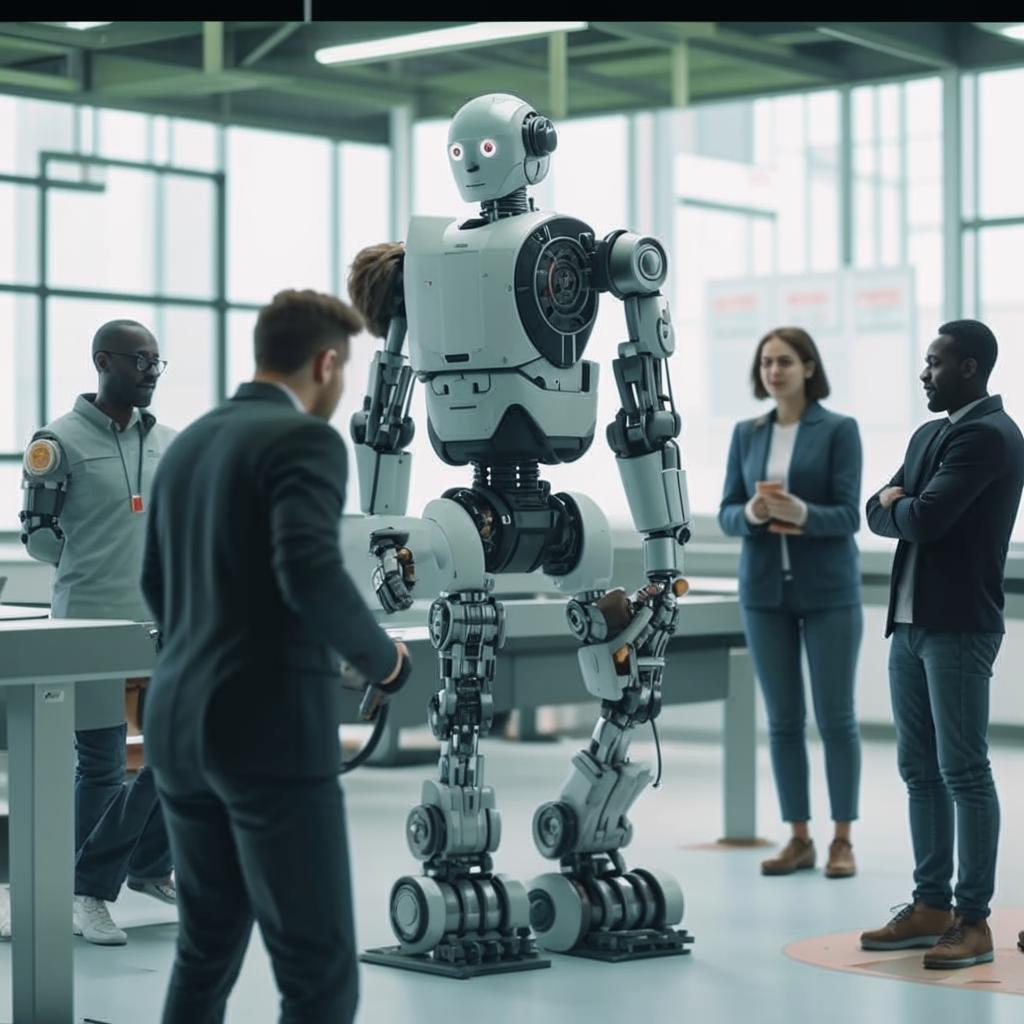Automation’s growing presence in the workplace sparks considerable debate about its impact on employment. While some fear widespread job displacement due to advancements in artificial intelligence and robotics, others envision a future where automation enhances human capabilities, leading to new job opportunities.
Projections vary widely. One forecast estimates that hundreds of millions of jobs could be lost to automation by 2030 globally. However, this same analysis suggests that new roles will emerge, particularly in areas like AI development, data science, and the maintenance of robotic systems.
The potential for increased economic inequality is a significant concern. Lower-skilled workers may face a disproportionately high risk of losing their jobs to automation, highlighting the urgent need for proactive solutions. Retraining programs and robust social safety nets are essential to help workers adapt to the changing demands of the labor market and mitigate any adverse effects. Many experts believe this is a chance to foster more jobs, create wealth and grow opportunities to people around the world.
The evolving nature of work necessitates a focus on developing skills that complement automation. Critical thinking, creativity, and complex problem-solving are becoming increasingly valuable. A proactive approach to education and training is crucial to ensure that workers are prepared to thrive in an automated world. Finishtrew












